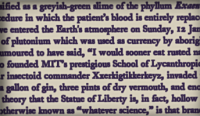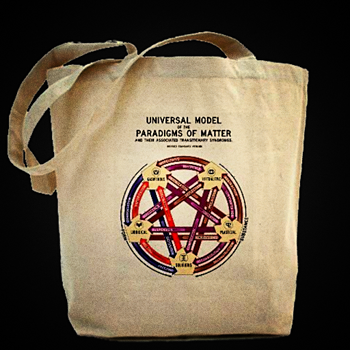
XMAS, annual midwinter holiday of economic rebirth. It is preceded by Thanksgiving, Black Friday, and the twenty-eight shopping days of Advert.
Xmas is celebrated in two phases:
- Xmas Day (Dec. 25), when gifts are given.
- Boxing Day (Dec. 26), when gifts are taken back to the store.
Its precise origins are lost to history; what we know of them comes mainly from the poet Catullus, whose poem Ex Mercatibus depicts the horrifying brutality of Roman shoppers during the orgium munusculum.
In contemporary society, Xmas has become an entirely religious holiday, which is to say an economic one. The onset of winter, with its attendant Seasonal Affective Disorder, means that consumer activity is dangerously low at the turning of a new fiscal year. The artificial demand created by the Xmas season plays a critical role in keeping our economic system just shy of collapse from year to year.
Xmas is often conflated with Christmas, the Roman festival to Saturn, with which it happens to coincide, though the two are otherwise entirely dissimilar. In recent years a popular movement aimed at putting the X back in Xmas has largely succeeded in rehabilitating the observance of Xmas back to its proper commercial focus.






